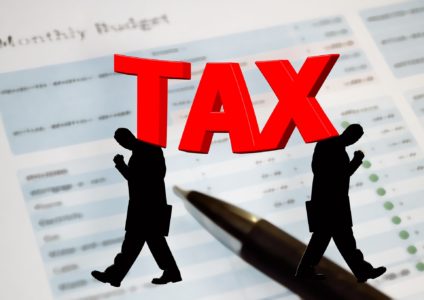
On August 8, 2020, President Trump issued a Presidential Memorandum authorizing employers to defer withholding, deposit and payment of payroll tax obligations. The idea behind that memorandum was to “put money directly in the pockets of American workers and generate additional incentives for work and employment, right when the money is needed most.” Here is a link to the memorandum: Payroll Tax Memorandum
The Internal Revenue Service is responsible for implementing the details of the memorandum. On August 28, 2020, the IRS issued Notice 2020-65 to provide some additional guidance. Here is a link to that notice: Notice 2020-65. Full disclosure: I am not a tax attorney. Nevertheless, the Presidential Memorandum is important to employers. My accountant-friends at Anglin, Reichmann & Armstrong have published a client bulletin discussing Notice 2020-65 and it can be found here: Anglin Reichmann Update.
In summary, the memorandum allows employers to defer withholding payroll taxes from employee paychecks from September 1, 2020 to December 31, 2020. In concept, this would result in more money in each employee’s pocket. Other important aspects of the guidance include:
- Employees are entitled to defer on the 6.2% employee portion of payroll tax (i.e., Social Security tax).
- Only employees with pre-tax wages less than $4,000 per bi-weekly pay period are eligible for deferral.
- THIS IS ONLY A DEFERRAL. Employees must re-pay the deferred tax through payroll tax deductions between January 1, 2020 and April 30, 2021.
At this point, there are more questions than answers.
- The White House is hoping that the deferred payroll taxes will ultimately be forgiven. But, only Congress has the power to authorize forgiveness. Nobody knows if that legislation will actually be passed. If not, employees will face a double-tax at the start of 2021.
- What happens if an employer defers the payroll tax and then the employee leaves/quits/is terminated by the employer? Potentially, the employer will be left holding the bag.
- If an employer adopts payroll tax deferral, will individual employees be able to opt out?
In my opinion, the current risks associated with payroll tax deferral outweigh the benefits. Without a guarantee of forgiveness legislation from Congress, employees will receive no real benefit and face substantial monetary difficulties next year. Employers get no real benefit and run the risk of paying deferred taxes for people who are no longer employees.
Like all COVID-related issues, payroll tax deferral is an evolving process. Please follow this blog and my friends at Anglin, Reichmann for future updates.